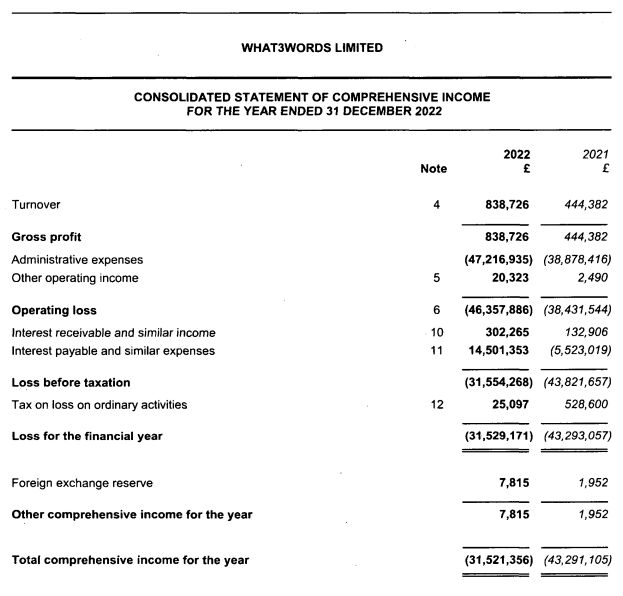Elon Musk said on Saturday that Twitter’s cash flow remains negative, due to a nearly 50% drop in advertising revenue and a heavy debt load. Musk had previously said that he expected Twitter to reach cash flow positive by June.
“We’re still negative cash flow, due to ~50% drop in advertising revenue plus heavy debt load,” Musk said in a tweet. “Need to reach positive cash flow before we have the luxury of anything else.”
Twitter’s advertising revenue has been declining for several quarters. In the first quarter of 2023, advertising revenue fell 19% year-over-year. The decline in advertising revenue is likely due to a number of factors, including the ongoing war in Ukraine, rising inflation, and the increasing popularity of other social media platforms.
Twitter’s debt load is also a major concern. The company has about $13 billion in debt, which it used to finance Musk’s acquisition of the company. Musk has said that he plans to reduce Twitter’s debt load, but it is unclear how he plans to do so.
The combination of negative cash flow and a heavy debt load puts Twitter in a precarious financial position. If Twitter is unable to turn things around, it could be forced to sell itself or file for bankruptcy.
What does this mean for Twitter’s future?
The news that Twitter’s cash flow remains negative is a major setback for the company. It is unclear how Twitter will be able to turn things around, and there is a real risk that the company could be forced to sell itself or file for bankruptcy.
Musk has said that he is committed to turning Twitter around, but it is unclear how he plans to do so. He has proposed a number of changes, including reducing the company’s debt load, making the platform more user-friendly, and cracking down on spam and bots.
However, it is not clear if these changes will be enough to save Twitter. The company is facing a number of challenges, including the decline in advertising revenue, the increasing popularity of other social media platforms, and the ongoing war in Ukraine.
It is too early to say what the future holds for Twitter. However, the news that the company’s cash flow remains negative is a major setback, and it is clear that Twitter is facing some serious challenges.
